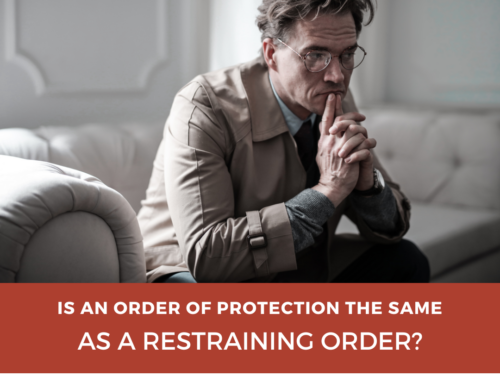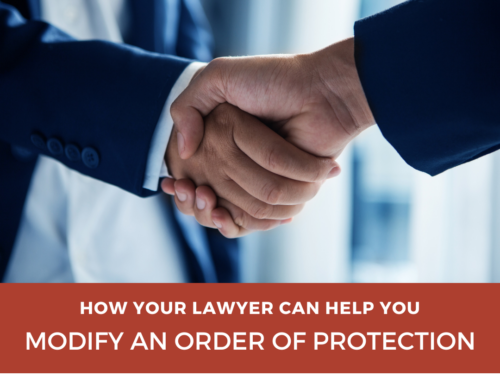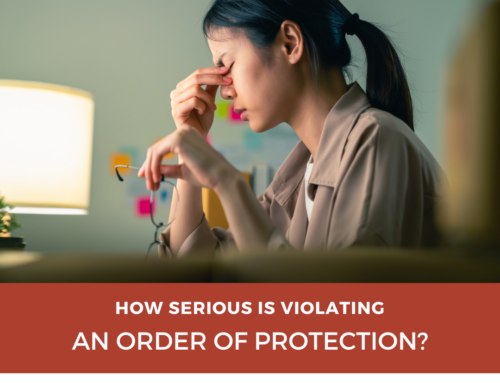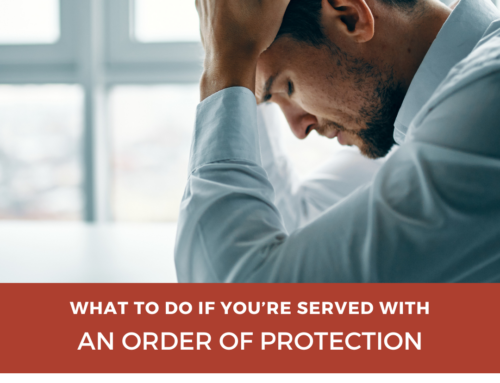If someone gets an order of protection against you, you’re legally obligated to follow it. That may mean making some serious changes to the way you live your life.
Here’s what you need to know.
What Does an Order of Protection Prevent You From Doing?
An order of protection can prevent you from doing anything the judge in your case believes could put the alleged victim at risk, or that could traumatize the alleged victim, including (but not limited to):
- Threatening or abusing the alleged victim
- Entering your own home
- Talking to the alleged victim in person, on the phone, or through video conferencing
- Sending emails to the alleged victim
- Taking your own children out of state
- Visiting your own children
- Accessing your children’s school or medical records
A judge can add to this list, as well. In fact, anything that the judge believes would harm the victim in any way may make the list of things you’re not allowed to do.
Can Orders of Protection Require You to Do Certain Things?
In addition to preventing you from doing some things, orders of protection can also require you to do certain things. An order of protection may require you to:
- Turn your firearms in to law enforcement
- Appear in court
- Attend counseling
- Give personal property to the alleged victim
Often, orders of protection are associated with domestic battery or aggravated domestic battery cases. That means you’re likely facing criminal charges while being subjected to an emergency order. These types of emergency orders generally last between 14 and 21 days, although some can last as long as 30 days. If you go to court, you may end up facing up to two years under the prohibitions and requirements of an order of protection.
What Should You Do if Someone Gets an Order of Protection Against You?
If someone takes out an order of protection against you, you may want to speak with a Chicago domestic battery defense attorney as soon as possible.
Call our office at 847-920-4540 to schedule your free case review. If it’s easier, fill out the form below – we’ll get back to you as soon as we can. We want you to know that you have rights, and we can help you preserve them.
Get help now!






Leave A Comment
You must be logged in to post a comment.